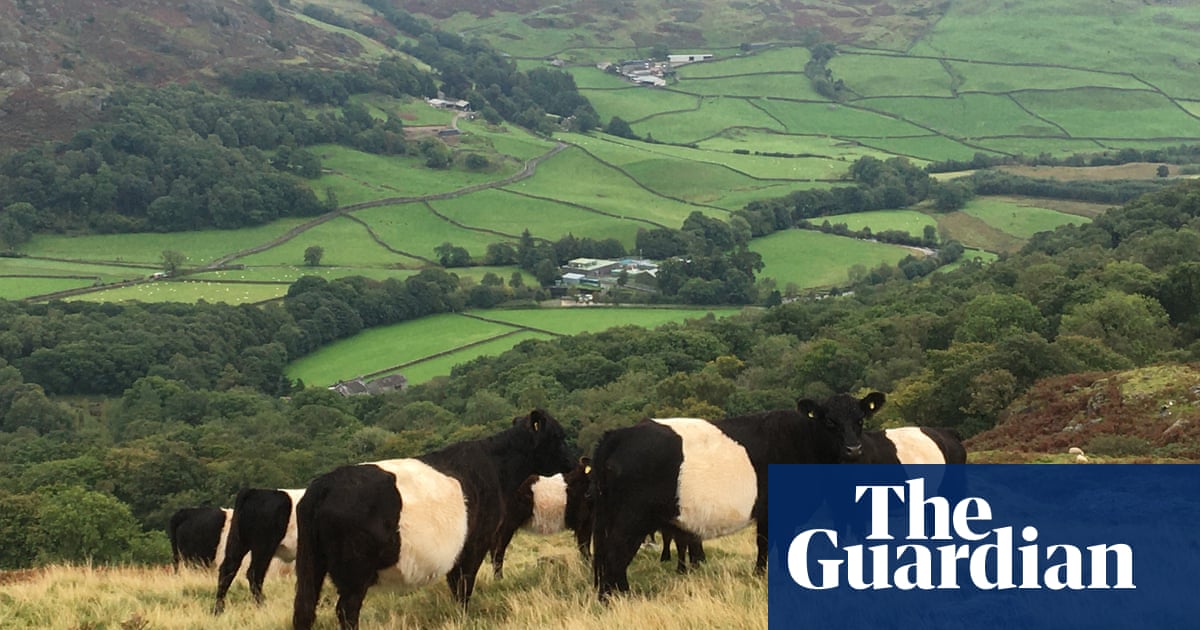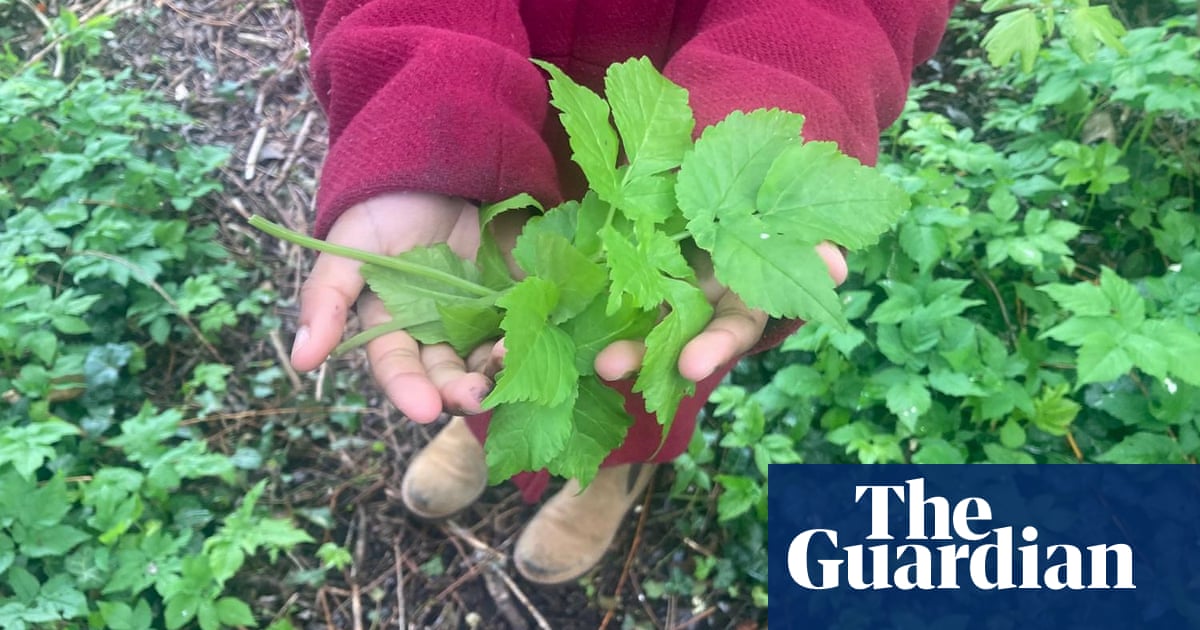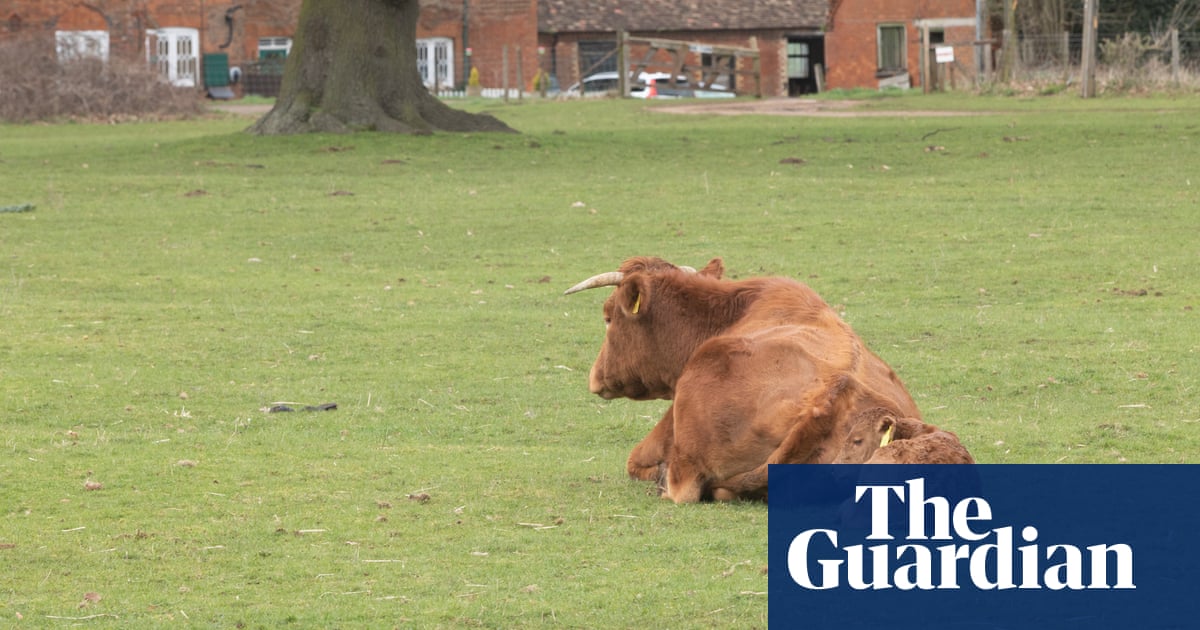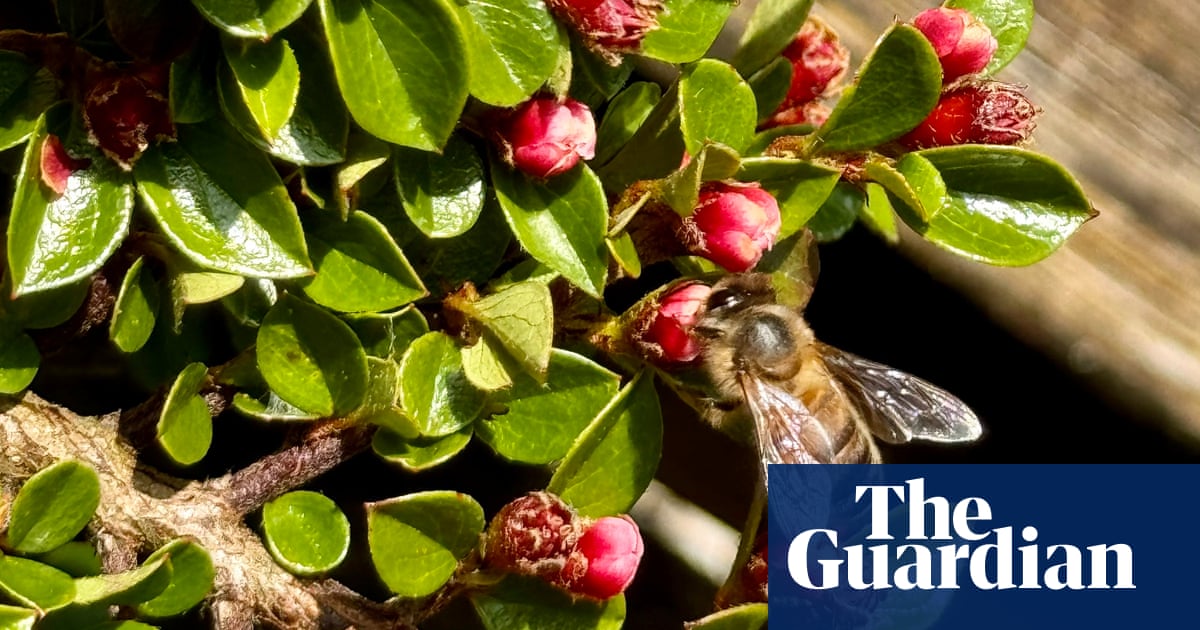
Ayoung barn owl drank from a water trough on the farm, fell in, and drowned. It was found the next morning and soggily removed. Now, the body decomposes in the hedgerow. My eight-year-old nephew showed me the white maggots feasting on the still beautiful corpse; only the beak and fierce talons remain in perfect condition.
Some years ago, my dad retrieved the body of an owl from the road. He thought it was dead, but it was just stunned. As the bird revived, the talons closed and sliced through his hand with ease. Then the ratchet mechanism, designed to keep prey trapped without the need for muscle contraction, locked on, relentless, until the owl released its talons and flew off. I reach out and touch the underside of this owl’s four toes, covered in a rough, pink, knobbly skin, like a starfish. It feels like coarse sandpaper and enables an owl to grip its prey or a branch.
The drought this summer has claimed many victims here, most visibly trees, but this barn owl was at a dangerous point in life regardless. Young adults from this year’s brood typically leave the parental territory at any point between August and November. Known as juvenile dispersal, it is also common in young dog foxes – although the females are allowed to stay. It reduces the risk of inbreeding and over-competition for food.
The average juvenile dispersal distance for barn owls is approximately 7.5 miles, which, despite not being far, will bring new risks that a bird may not have previously encountered. Crossing roads is probably the greatest hazard, along with water troughs, starvation and wires. The juvenile survival rate significantly affects the population size, even more so than factors such as successful hatching, death in the nest or survival of adults. It’s dangerous to leave the known habitat, where it is proven that life can be sustained and reproduction achieved. Yet that instinct to strike out is inbuilt, like young adults packing a toaster and doorstop to head off alone into the wilds of freshers’ week.
The sunflowers track the sun and, beside the cut hay meadows, the bright blue of chicory shines out in the otherwise muted landscape. A season turns and the young are on the move.
Country Diary is on Twitter at @gdncountrydiary












